Increasing Religious and Spiritual Competence among Psychiatry and Chaplain Residents at the University of Pennsylvania
Principal Investigator
Abstract
Although multiple curricula exist that focus on developing the religious and spiritual (R/S) competence of mental health clinicians in training, very few of these curricula include experiential components involving direct patient care. Additionally, psychiatry residency training programs do not typically include R/S competence training and chaplain residency programs do not often include training in evidence-based psychotherapy interventions that are delivered in clinical settings. Spiritual Psychotherapy for Inpatient, Residential, and Intensive Treatment (SPIRIT) is a faith-based group psychotherapy intervention that has previously been implemented successfully in a large, diverse inpatient psychiatric setting with clinicians from multiple disciplines successfully learning and delivering the treatment to patients. We seek to increase the R/S competence of psychiatry and chaplain residents at the University of Pennsylvania Perelman School of Medicine through training them in SPIRIT and studying the impact of this intervention on the mental health outcomes of patients in inpatient psychiatric hospital units in the University of Pennsylvania Health System. R/S competencies in assessment, diagnosis, and treatment of psychiatric disorders from the fields of counseling and psychology are embedded within SPIRIT training. Once trained, psychiatric and chaplain residents will implement the SPIRIT intervention in inpatient psychiatric units at Pennsylvania Hospital, which is part of the world-renowned University of Pennsylvania Health System. Our research team consists of diverse professional identities (psychiatry, psychology, counseling, pastoral counseling, implementation science, and mental health services research). We will conduct a mixed methods evaluation using observations, interviews, and pre-post survey data to assess the impact of SPIRIT training on the R/S competence of psychiatric and chaplain residents and clinical outcomes of the patients who receive the SPIRIT intervention. The outcomes of this study are expected to benefit patients, clinicians, and psychiatry and chaplain residency programs at the University of Pennsylvania and beyond. This project will provide lasting benefits to the emerging area of R/S competence by extending it to psychiatry and chaplain residency programs in academic health systems. Our project will be the first of its kind to increase R/S competence among psychiatric and chaplain residents while simultaneously training them in an evidence-based spiritual psychotherapy treatment. Expected benefits to patients include reduced psychological and/or spiritual distress, increase in identification and utilization of spiritual/religious resources that patients can use to reduce psychological distress, and identification and reduction of spiritual/religious struggles that may be contributing to their distress. Overall, we also expect SPIRIT to improve the mental health of patients.
Project Team
Dr. Kimberly T. Arnold, PI
Research Team
Dr. Atasha Jordan, MD, MBA (Resident Psychiatrist)
Dr. Rachel Tallely, MD (Psychiatrist)
Betty White, M.Div., BCC (Chaplain)
Consultation and support from Dr. David H. Rosmarin

